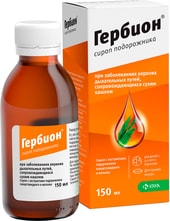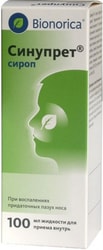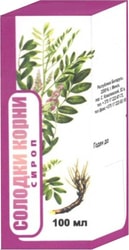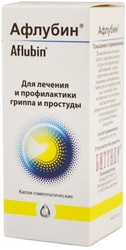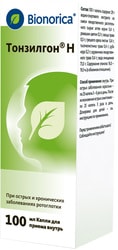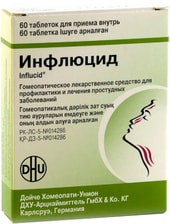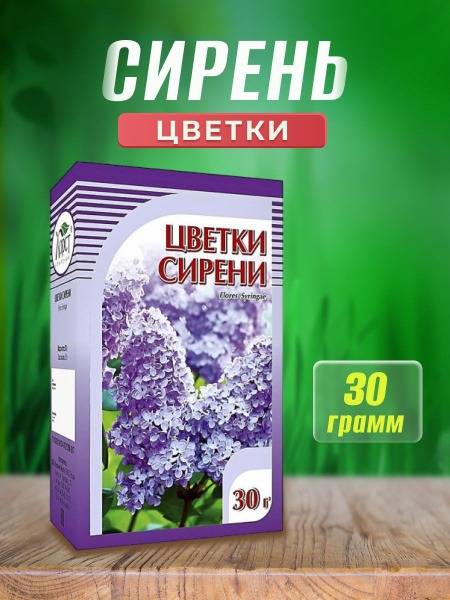
Harvested in May-June, lilac flowers possess diuretic properties, effectively eliminating salts, toxins, excess fluid, slags, metabolic byproducts, and allergens from the body. Lilac decoctions and infusions efficiently flush out uric acid salts and sand, providing relief from arthritis, rheumatism, gout, and other ailments associated with salt deposits.
Lilac is also used to treat kidney and gallstones; salts and slags are eliminated not only through the urinary system but also through sweat glands, making lilac flower preparations effective anti-inflammatory and fever-reducing agents for colds and flu. Lilac teas and tinctures thin mucus, easing coughs and reducing the intensity of spasms.
Internally, lilac infusions exhibit astringent properties, alleviating diarrhea. They offer a general strengthening effect on the body during times of fatigue or increased stress.
Externally, lilac helps prevent wound infection, provides local anesthetic relief, promotes rapid wound healing, and aids in the resorption of hematomas.
Lilac flower tea possesses anticonvulsant properties, making it a traditional remedy for preventing epileptic seizures. It also helps alleviate migraines and lower blood sugar levels. Warm infusions are recommended for optimal effectiveness.
Mix 50 grams of lilac flowers with 50 ml of vodka. Let it sit for 24 hours, shaking daily. Filter. Take one tablespoon daily before bedtime.
Mix 250 grams of lilac flowers with 500 ml of vodka. Let it sit in a dark place for 15 days, shaking daily. Filter. Apply topically as compresses.
Steep 15 grams of lilac flowers in a cup (250ml) of boiling water for 30 minutes. Filter. Take one tablespoon up to four times daily.
Steep 5 grams of lilac flowers in a cup (250ml) of boiling water for 5 minutes. Filter. Drink one cup with each meal instead of tea, or use as eye compresses by soaking cotton pads and applying them to the eyelids.
Boil 15 grams of lilac flowers in a cup (250ml) of water for 15 minutes. Filter and dilute with cool boiled water to restore the original volume. Drink half a cup three times daily.
Lilac is a poisonous plant. It is not recommended for pregnant or breastfeeding women, children under 6 years of age, individuals with glomerulonephritis, chronic renal failure, amenorrhea, or constipation.
30g
Lilac, Syringa, Horst, 30g, herbal remedies, natural remedies, diuretic, anti-inflammatory, gout, arthritis, rheumatism, kidney stones, gallstones, cold, flu, cough, bronchitis, pneumonia, tuberculosis, cystitis, diarrhea, impotence, varicose veins, epilepsy, migraine, blood sugar, herbal tea, tincture, infusion, decoction, natural medicine, home remedy, traditional medicine, alternative medicine, May-June harvest.
